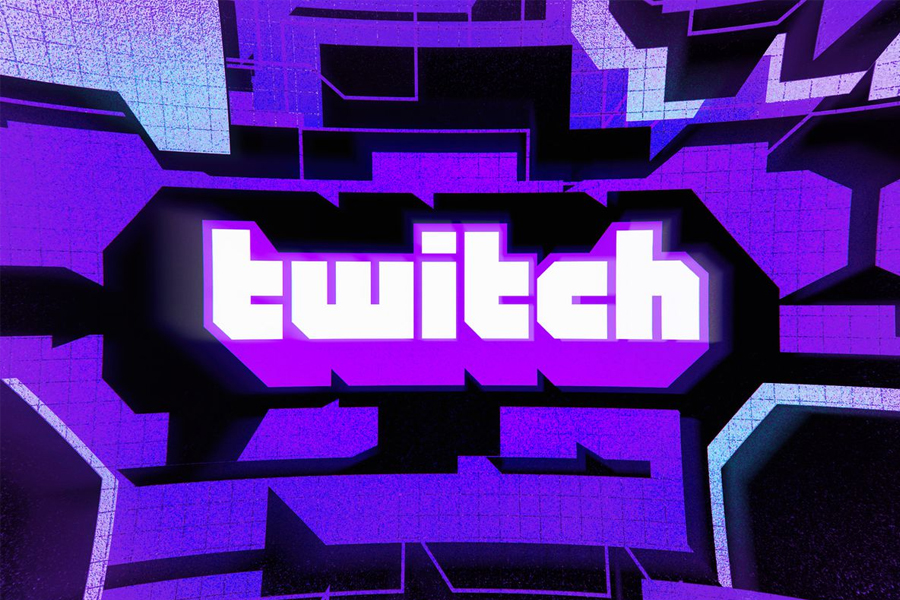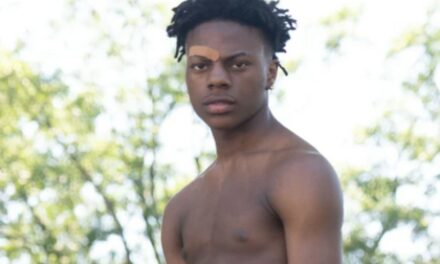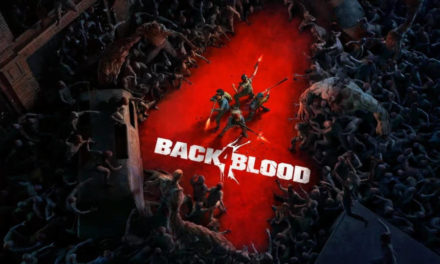Twitch is the most popular streaming platform today, but it has also become the focal point of the internet’s ongoing DMCA annoyance. Twitch has gone from banning streamers for year-old VODs with copyrighted music to allowing top content creators to broadcast entire seasons of MasterChef.
The Digital Millennium Copyright Act, or DMCA, was enacted in 1998 to regulate access to copyrighted works. It’s also toughened up on copyright infringement on the internet, including on streaming platforms like Twitch.
While video game companies clearly encourage streamers to share game footage, the same cannot be said for television shows or music.
The majority of popular music is copyrighted, which means the owner has the sole right to reproduce and distribute it. Streamers would, in theory, need to obtain a license to stream that music.
The DMCA controversy began on Twitch in 2020, when streamers noticed they were being banned more frequently than before. Some streamers were even permanently banned as a result of music used in VODs that was several years old in some cases.
Despite never having been in trouble with Twitch before, one streamer, m0xxy, was permanently banned. The former Twitch partner scrambled to delete old VODs, but it didn’t seem to be enough to get around the stricter, and in some ways more perplexing, regulations.
Twitch responded in mid-2021 by releasing a set of tools to combat the ongoing DMCA lawsuits. Streamers can now track DMCA notices directly from their dashboard and delete VODs in batches of up to 20. Twitch is hoping that these changes will protect streamers from being banned without warning due to DMCA claims.
Despite their frustration with copyright issues, streamers decided to push the envelope and launch the “MasterChef meta.” The MasterChef meta consists primarily of top streamers broadcasting entire seasons of reality shows for their viewers to watch.
The MasterChef meta sparked a lot of controversy in the streaming community, with many people speaking out against it. Chance “Sodapoppin” Morris expressed his hope that streamers participating in the meta would be fined for DMCA violations. Smaller streamers, he explained, would not be able to get away with the same thing, and he expressed concern that the entire Twitch platform could be punished as a result, which could have a disproportionate impact on smaller streamers.
After a while, celebrities like Imane “Pokimane” Anys and Jeremy “DisguisedToast” Wang started to see the consequences of airing popular TV shows and anime episodes. Pokimane was suspended from Twitch for the first time as a result of this.
Many of the big-name content creators later claimed that they were deliberately pushing the boundaries. DisguisedToast stated that he hoped to “frighten” other streamers into abandoning the MasterChef meta.
Felix “xQc” Lengyel is a well-known Twitch streamer. While watching reality shows like MasterChef on the streaming platform, he has seen record viewership.
Even though the streaming community fears that the platform will suffer as a result of the behavior, xQc has chosen to ignore the criticism. xQc may even be in talks with television networks to continue streaming their shows, which could include some public banter with celebrity chef Gordon Ramsay.
Twitch has remained strangely silent on the MasterChef meta. The company hasn’t explained why copyrighted television shows are sometimes allowed to be streamed, nor has it discussed any changes to its DMCA rules. Twitch, as usual, has been inconsistent in its treatment of streamers who violate the company’s Terms of Service.
For the time being, some major streamers continue to test the DMCA’s limits, seemingly unconcerned about the consequences. However, some smaller streamers may face new stricter rules, making it even more difficult for them to grow their channels.






